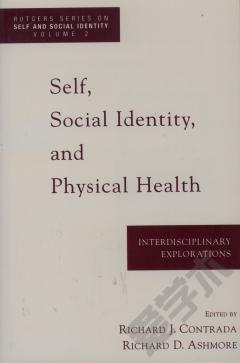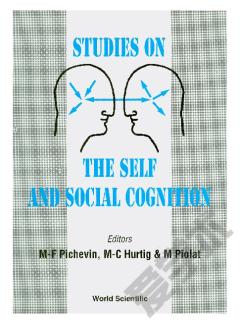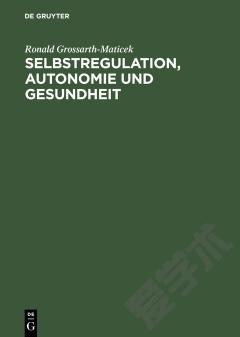Self, Social Identity, and Physical Health —— Interdisciplinary Explorations
----- 自我,社会认同和身体健康
Despite tremendous progress in understanding the human body as a biological mechanism, researchers are finding that many aspects of physical health are strongly linked to a person's thoughts, emotions, and behaviors, and to features of the sociocultural environment. This interdisciplinary volume, the newest in the Rutgers Series on Self and Social Identity, provides a survey of this research, emphasizing the connections between health and an individual's sense of self. Drawing on psychology, sociology and anthropology, the collection examines the health-related effects both of broad social forces and of individual experiences. Part I examines the diverse systems involved, moving from the biological and psychological systems in the individual to such societal systems as language, politics, economics, and health care. Part II focuses on stress and emotion and includes an extensive discussion of race related stress and of the beneficial effects of disclosing and talking about individual traumatic events. Part III addresses health in the context of personality and development, proposing a multilevel view of personality and describing the emergence of sexual identities during adolescence. The final part then looks at the other side of the self-health relationship by examining the effects of illness on one's sense of self. As a whole, the collection provides a wide ranging survey of existing work on how self and health are linked and is a valuable source of ideas for future research.
{{comment.content}}








 京公网安备 11010802027623号
京公网安备 11010802027623号